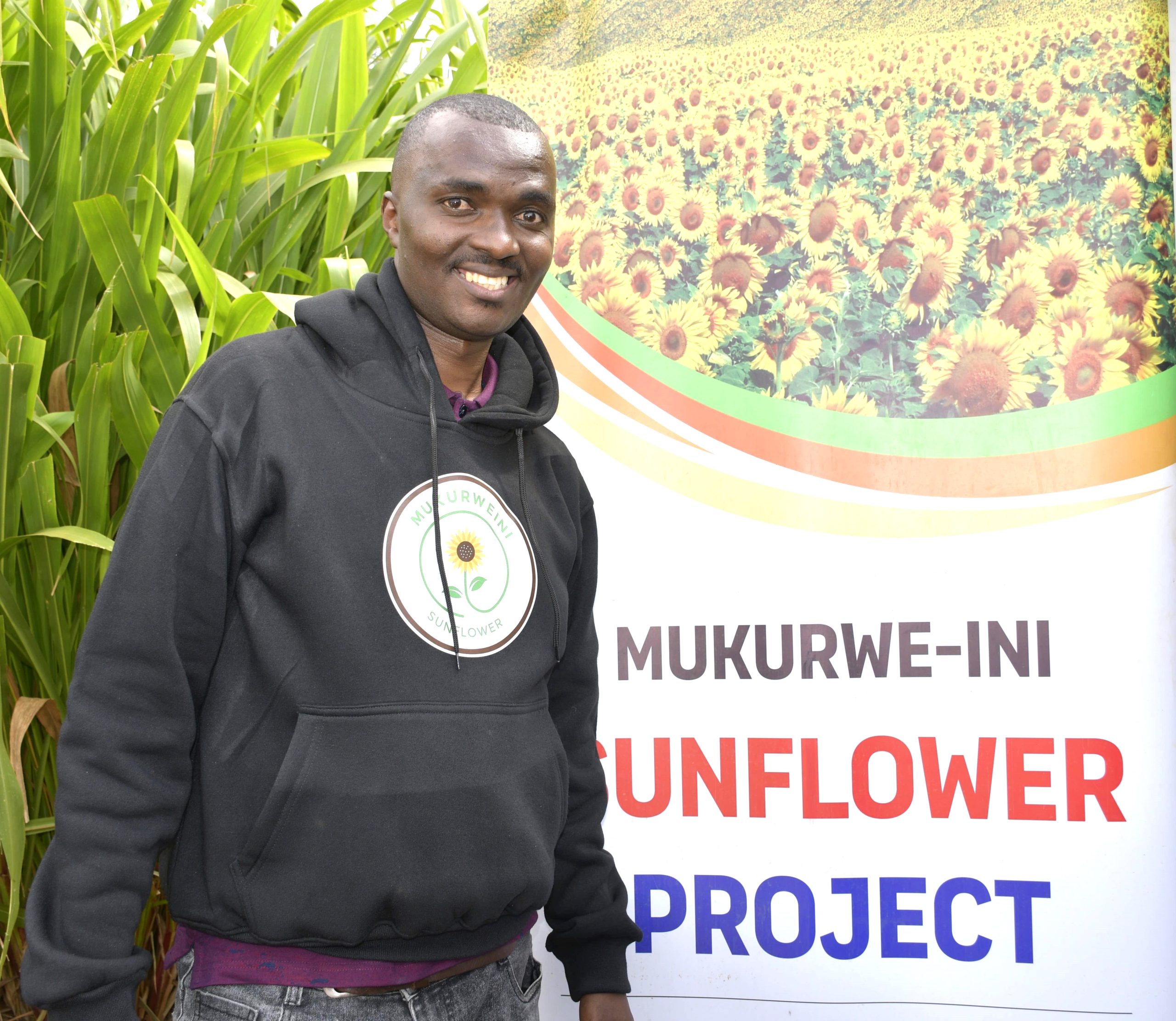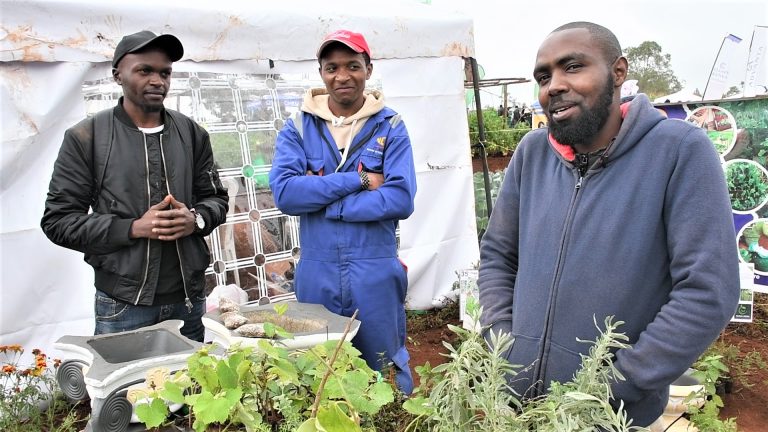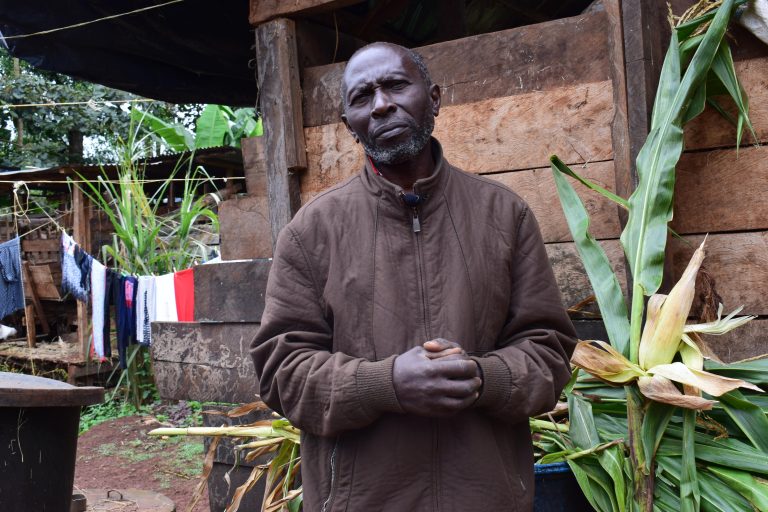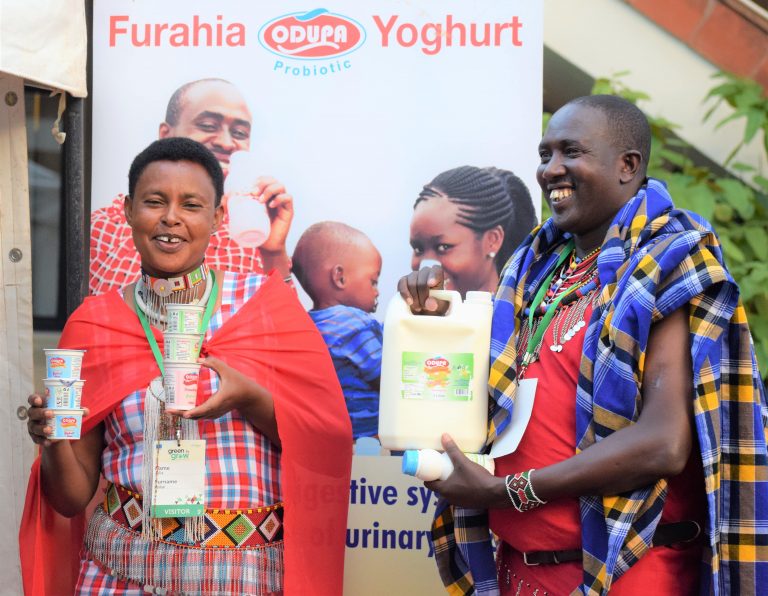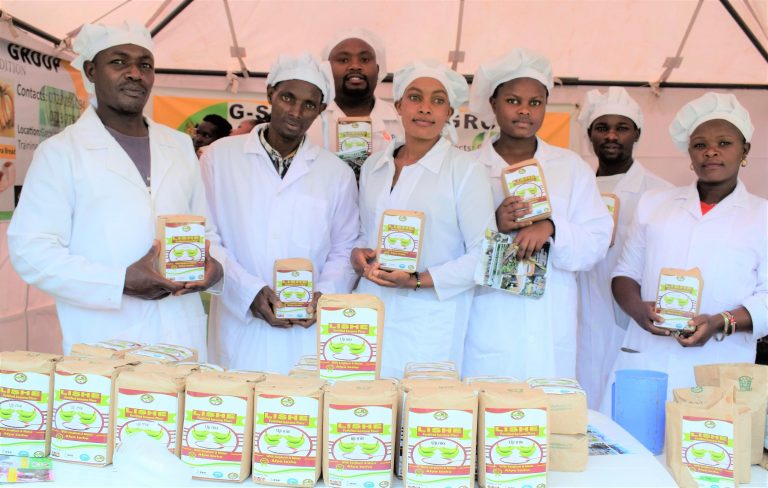By Kimuri Mwangi
During the recent Farmers Field Day at Wambugu Farm in Nyeri County, I noticed a familiar face in a tent surrounded by farmers. Patrick Mutahi, a former nominated MCA was having a conversation with farmers about sunflower oil and the opportunities in the value chain. I thought he was engaged in the usual exchange of notes that farmers do in those forums but later in our conversation I learned that he abandoned politics and got into agribusiness.
“I am the Director of Mukurwe-ini Oil Enterprises, and I have been a member of the county assembly here in Nyeri for five years. Then after that, I ventured into agribusiness. As a leader, I saw an opportunity to be able to provide access to markets for our farmers,” said Mutahi.
He explained that they provide certified hybrid seeds to farmers in Nyeri county, under contract farming. Those who venture into sunflower farming sign a three-month contract while castor farmers sign a six-month contract.
“We have a processing and value addition facility in Mukurwe-ini where we process cold pressed sunflower oil. The sunflower seed cake which is a by-product is sold to animal feed manufacturers in the country. We also process castor oil which is used in the manufacture of hair and skin products in the cosmetic industry,” opined Mutahi.
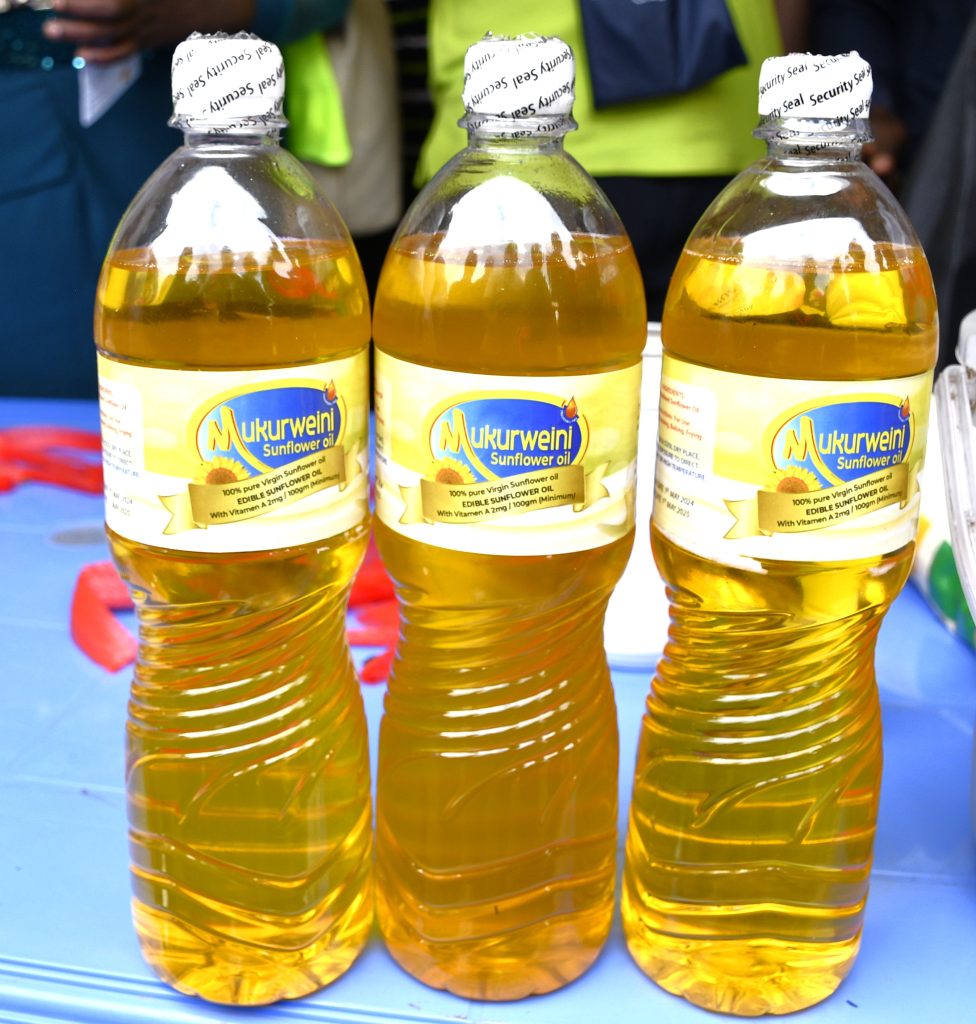
They are currently processing 200 litres of sunflower oil with an input of one tonne of seeds per day. We have two machines. They are also looking for investors to scale it up and reach the whole nation. Mutahi observed that most of the oil companies in the country are importing raw materials from outside Kenya and that’s why they are looking for investment in order to ensure that they procure their raw materials from local farmers.
“Currently we have registered 1,000 farmers in Nyeri County who are doing sunflower farming, and 100 who are doing castor farming. We are looking forward to contracting 10,000 farmers this season with a minimum target of 5,000 farmers,” he adds.
Mutahi cites the income that farmers get from the initiative as just a part of the benefits. The others include creation of employment as he has currently employed ten people. There are also farmers who have employed farm workers adding to more labour benefits. The guaranteed market access by farmers in the two value chains is another addition.
Unlike other crops where farmers have to wait for their money for a long time, for us immediately you harvest we are at your door give you cash. It’s not something like coffee or tea that you wait for months to get payment. It’s also an opportunity for the youth who are venturing into agribusiness, because they want something that they can get money from in a short time. Thats why almost 40% of our farmers are young people because as a young person, I’m able to champion the interests of the youth in agribusiness, mobilize and recruit them into agribusiness,” said Mutahi.
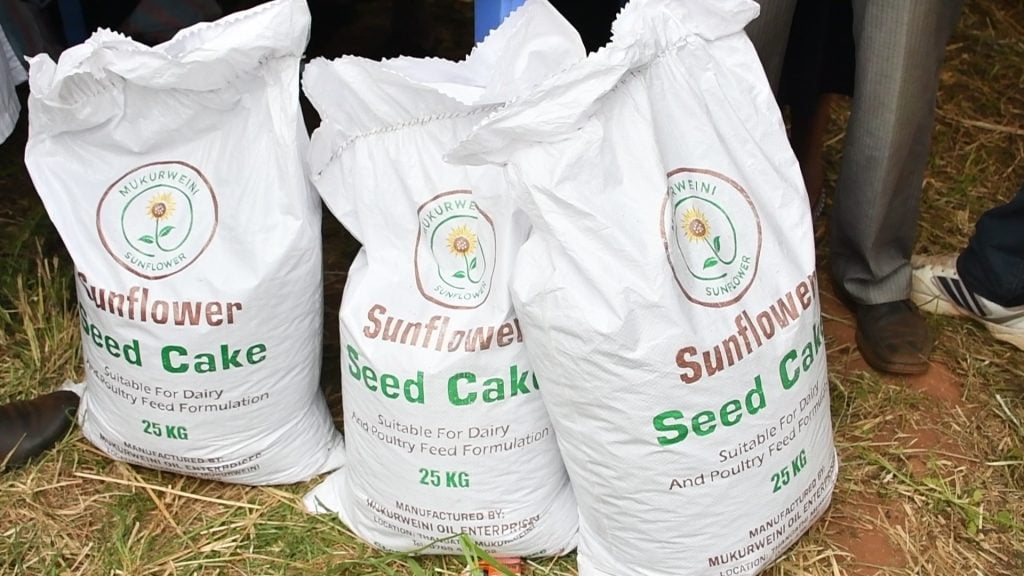
Kenya largely imports vegetable oil and Crude Palm Oil from Malaysia and Indonesia. Edible oils, palm oil primarily, is the country’s second largest import after petroleum. The country spends Kshs. 60 B a year ($600m) before the recent price surge, which pushed the import bill to over Kshs.130 B ($1 billion).
The government responded by drawing a plan to tackle the problem by also including a local intervention. It has targeted sunflower, palm oil, soya and canola production among others as one of the ways of increasing the production and processing capacity of edible oils from the present 5% to over 50% in five years.
It plans to increase the area under edible oil production from 60,000 Ha to over 250,000 Ha in 5 years with a target to increase production output to 1 million MT.


